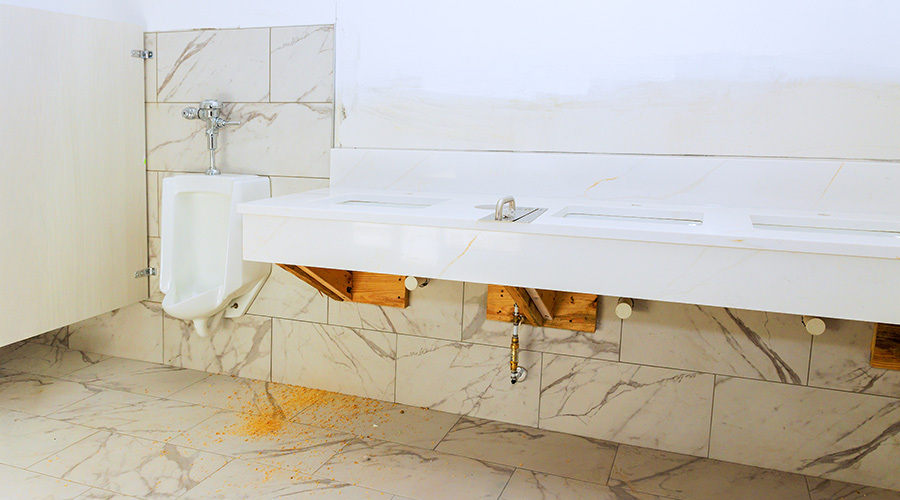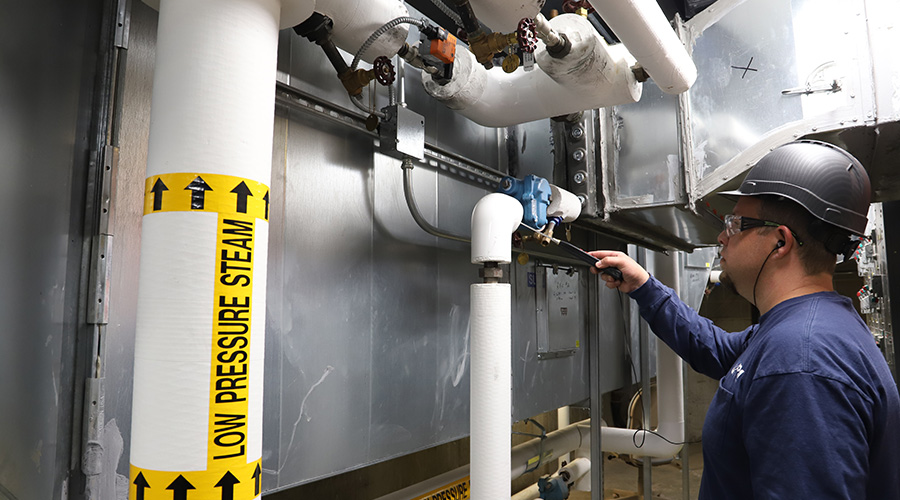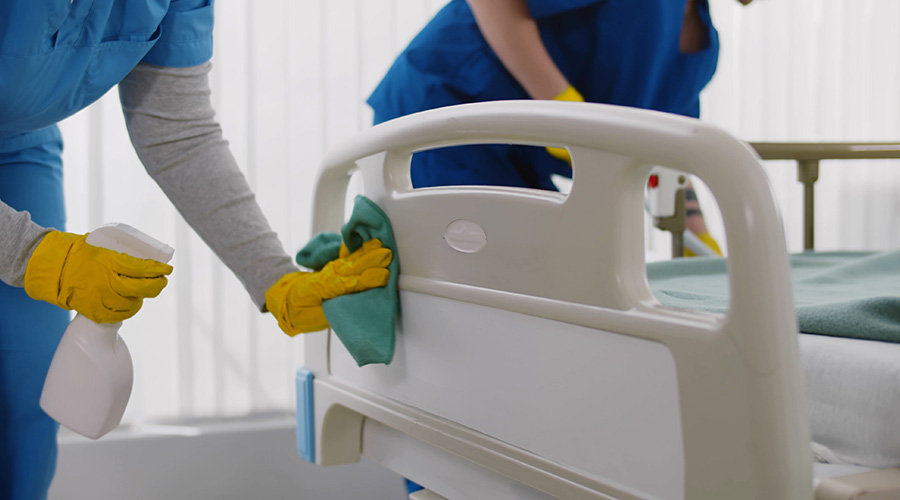
ePIPE Provides DWI/WRAS Approved Protection Against Lead (Pb) Leaching
October 31, 2017
Topic Area: Press Release
Recent Posts
 Biofilm 'Life Raft' Changes C. Auris Risk
Biofilm 'Life Raft' Changes C. Auris Risk
Microscopic survival structure protects fungal pathogen from disinfectants and help it survive for long periods.
 How Healthcare Restrooms Are Rethinking Water Efficiency
How Healthcare Restrooms Are Rethinking Water Efficiency
Manufacturers discuss strategies, technologies and design approaches that help healthcare facilities meet their sustainability goals.
 Northwell Health Finds Energy Savings in Steam Systems
Northwell Health Finds Energy Savings in Steam Systems
Case study: A proactive steam trap maintenance program is delivering millions in savings, fast payback and measurable carbon reductions across one of the nation’s largest health systems.
 The Difference Between Cleaning, Sanitizing and Disinfecting
The Difference Between Cleaning, Sanitizing and Disinfecting
Cleaning methods and products have various purposes in reducing the spread of germs.
 Jupiter Medical Center Falls Victim to Third-Party Data Breach
Jupiter Medical Center Falls Victim to Third-Party Data Breach
The third party has determined through an investigation that, at least as early as January 22, 2025, an unauthorized third party gained access to personal health information on legacy systems.